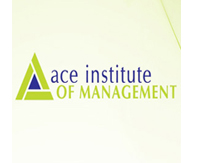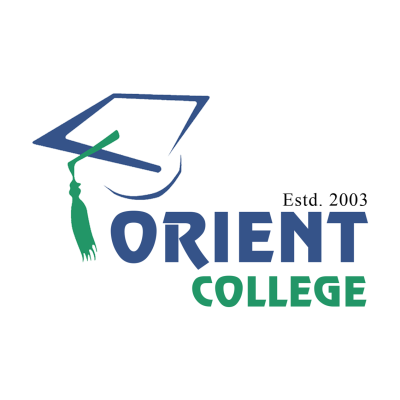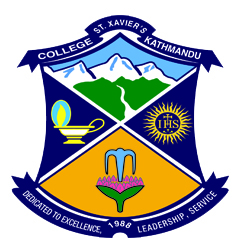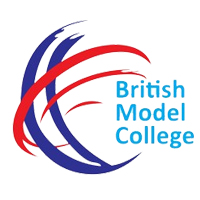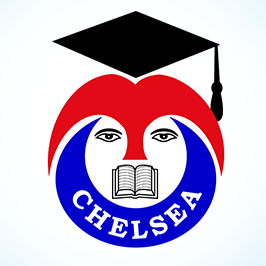Overview
GCE A Level (Non-Science) at Trinity International College, Dillibazar
GCE A Level (Non-Science) at Trinity International College, Dillibazar, Kathmandu, follows the Cambridge International framework and runs across two academic years as AS and A2.
Students study a set of humanities, social science, and business subjects with external examinations conducted by Cambridge.
Trinity manages teaching, academic support, and routine assessments on campus in line with the published syllabus and exam series.
The pathway suits learners who plan to pursue business, economics, social sciences, law, media, psychology, development studies, and related fields in Nepal or abroad.
Subject choices and weekly periods are scheduled to balance reading, writing, problem-solving, and examination practice. Mock tests and feedback meetings help you monitor progress before final entries.
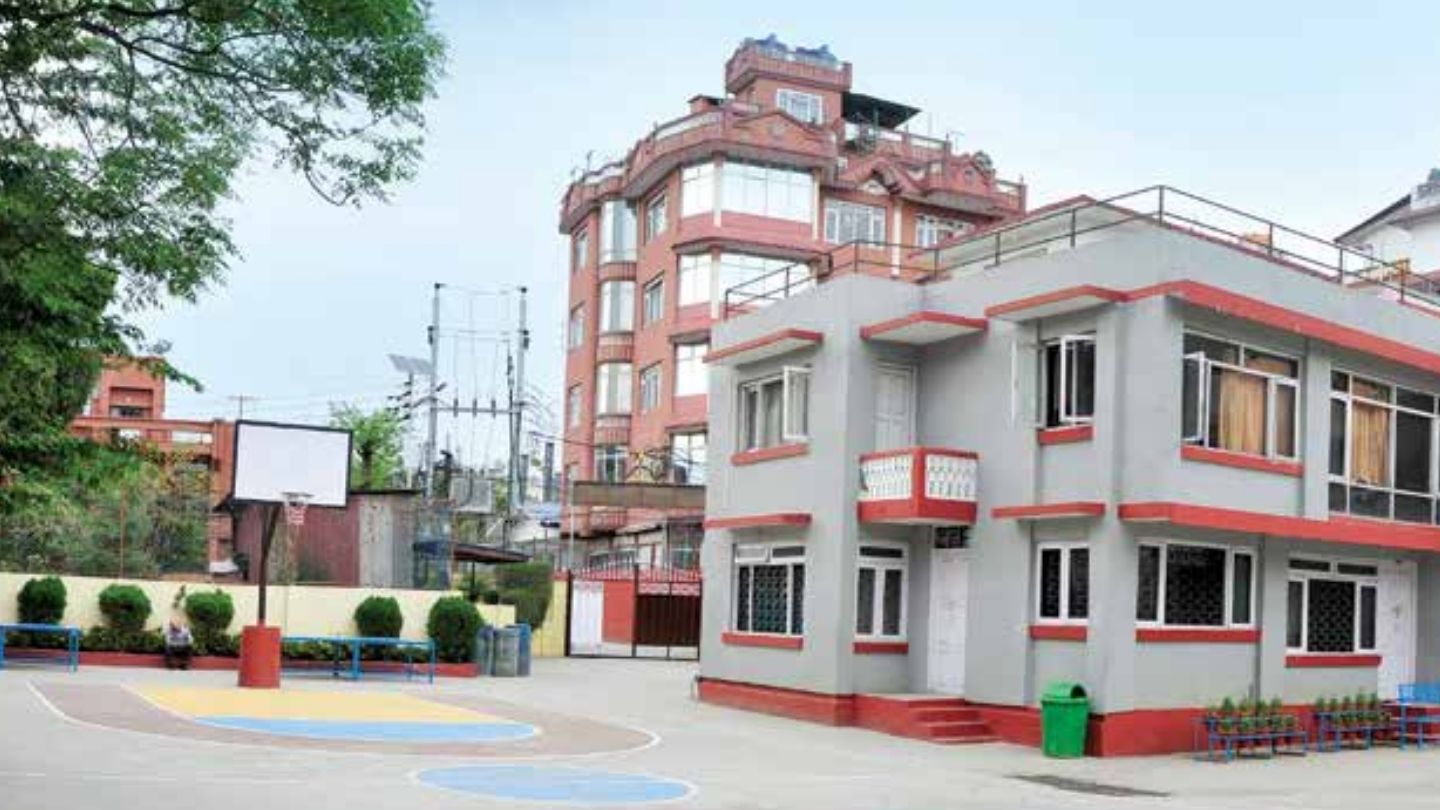
Highlights
-
Affiliation: Cambridge International A Levels
-
Location: Dillibazar Height, Kathmandu
-
Duration: 2 academic years (AS and A2)
-
Assessment: External exams by Cambridge; internal tests and mocks at college
-
Subject Cluster: Economics, Business, Accounting, Sociology, Psychology, English, Law, IT/Computing (non-calculus track), Global Perspectives (where offered)
-
College Context: Timetables, labs/IT rooms, library access, counseling, and academic calendar managed on campus
Curriculum Details
Structure and Study Pattern
- AS is normally taken in the first year and A2 in the second.
- Students choose three or four subjects depending on future plans and workload.
- Each subject follows a published syllabus with paper codes, learning objectives, command terms, and specimen papers.
- Reading lists, topic outlines, and past-paper plans are provided at the start of term.
- Classroom periods focus on concept clarity, case material, writing drills, and data interpretation.
- Independent study hours are recorded to maintain pace.
Typical Subject Combinations
-
Business Track: Business, Accounting, Economics
-
Social Science Track: Sociology, Psychology, Global Perspectives/English
-
Law and Policy Track: Law, Economics, English or Sociology
-
Media and Communication Track: English, Sociology, Psychology or IT (non-calculus)
Combinations may vary by timetable feasibility. Students should match choices to university prerequisites and their skill profile.
Assessment Rhythm
-
Internal: Unit tests, topic quizzes, assignments, presentations, and mock exams
-
External: Cambridge exam series as scheduled; examination entries filed through the college office
-
Feedback: Mark schemes discussed in class; script reviews and target sheets issued after mocks
Objectives
-
Build conceptual understanding in business and social science subjects through steady reading and guided practice.
-
Develop writing, analysis, and argumentation skills aligned to A Level command terms.
-
Prepare students for university-level study in management, economics, social sciences, law, media, and related domains.
Scope
- Graduates use A Level results for admissions in Nepal and internationally.
- Strong combinations support entry to bachelor programs in business, economics, psychology, sociology, law, international relations, journalism, and development studies.
- Equivalence procedures for local applications follow the current rules of the relevant authorities.
Learning Outcomes
-
Explain core theories and concepts within chosen subjects using accurate terminology.
-
Interpret tables, charts, and case material to produce concise, structured answers.
-
Plan essays and long-form responses under time limits with clear introductions and conclusions.
-
Apply ethical and contextual awareness when discussing organizations, communities, and policy issues.
-
Prepare for exams through past-paper practice and reflection using published mark schemes.
Skill Development Modules
-
Analytical Reading: Skimming, scanning, annotation, and extraction of key arguments
-
Academic Writing: Paragraph structure, cohesion, referencing basics, and essay planning
-
Quantitative Literacy (where relevant): Business/economics numeracy and interpretation of data
-
Presentation Skills: Visual summaries, short briefings, and time-bound talks
-
Research Habits: Note-making systems, topic logs, and evidence checklists
Teaching Methodology
- Classes use lectures, seminars, workshops, and supervised study periods.
- Teachers break topics into weekly goals and track progress with short assessments.
- Past-paper clinics cover question deconstruction, marking criteria, and common errors.
- Parents/guardians receive updates during result and feedback days.
- The library and IT rooms support extended reading and coursework where applicable.
Admission Requirements
-
Academic Background: SEE or equivalent secondary qualification
-
Application Steps: College form submission, document verification, placement assessment or interview as announced, offer letter, and enrollment within deadlines
-
Subject Selection: Counseling to align subjects with university prerequisites and student strengths
Students should prepare transcripts, character and migration certificates (if applicable), passport-size photographs, and identification for verification. Scholarship applicants attach required documents within the specified window.
Career Opportunities
A Level (Non-Science) results support applications to bachelor programs in management, economics, social sciences, law, communication, psychology, and development studies. Graduates move into roles after degree completion across banking services, corporate support, social sector programs, media houses, research assistance, and public administration (as per eligibility rules). A Level writing, presentation, and analysis skills transfer well to early internships and campus activities.
Scholarships and Financial Aid
-
Entry-Based: GPA/grade-based awards at admission where published for the session
-
Progress-Based: Provisions tied to term performance and conduct, subject to current rules
-
Documentation: Students submit scholarship forms with supporting evidence before deadlines
Exact categories and seat limits are announced for each intake. Applicants should read the latest notice for current thresholds and renewal conditions.
Why Choose This Course?
The A Level (Non-Science) pathway supports students who prefer reading-intensive study, discussion, and structured writing.
The two-year rhythm builds evaluation habits through mocks before final examinations. College processes—timetables, counseling, and internal checks—help you stay on track while preparing for university admissions.
Conclusion
GCE A Level (Non-Science) at Trinity International College provides a clear, exam-oriented route in humanities, social sciences, and business subjects. Students select purposeful combinations, practice past papers, and receive feedback linked to mark schemes.
Graduates carry evidence of analysis and writing that supports applications to bachelor programs in Nepal and abroad.
FAQ
How many subjects should I choose?
Most students take three or four subjects based on goals and workload.
Can I change subjects after starting?
Minor changes may be possible early in the term if timetables allow and prerequisites are met.
Are there internal assessments?
Yes. Topic tests and mock exams run before external entries.
Do universities in Nepal accept A Levels?
Universities consider A Levels through their published criteria and any required equivalence procedures.
How do I plan for law or economics at bachelor level?
Select combinations that include Law/Economics and a writing-heavy subject such as English or Sociology, then review target university prerequisites.
Contact Trinity International College's administrative office for detailed information on the GCE A-Level Non-Science program course, including fees, scholarships, facilities, counseling, eligibility criteria, etc.



